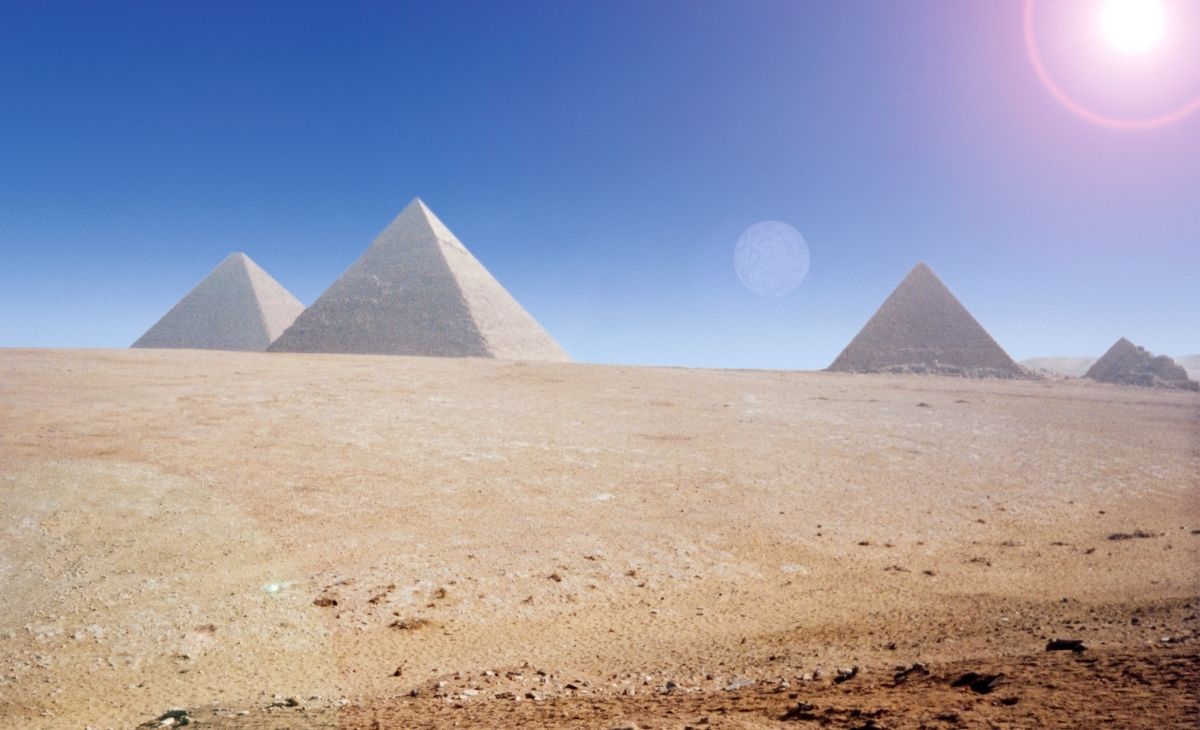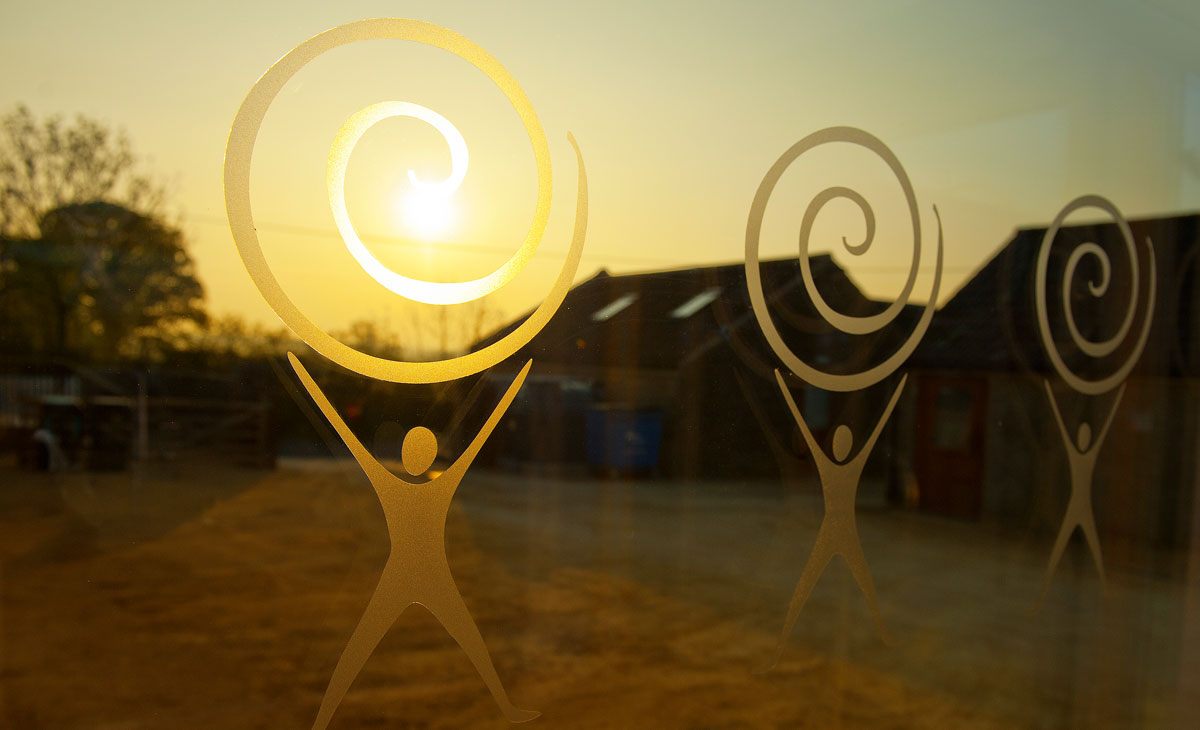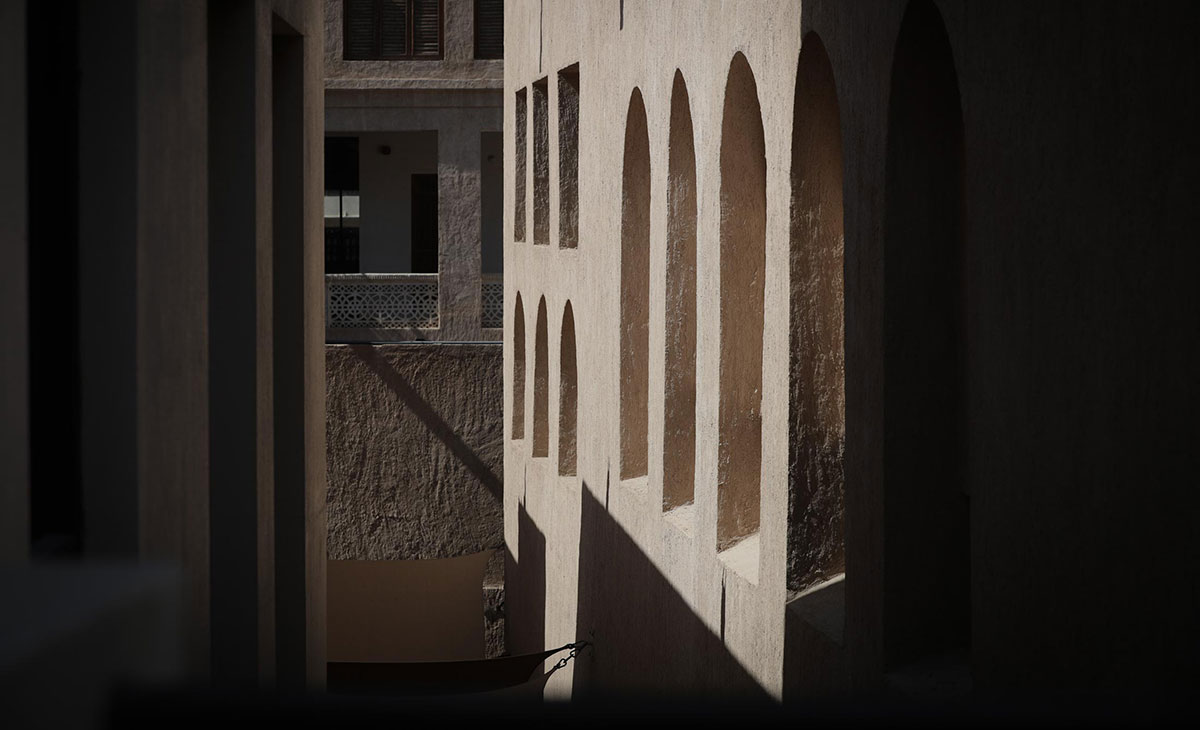The standard meaning of `integrative’ refers to `combining two or more things to form an effective unit or system’ (Collins, 2020). One can easily see from this definition that it describes things not being divided into separate parts but that there is a bringing together and or nurtured unison of multiple aspects that can all work together. This brief introduction is particularly useful when speaking of how we understand a truly religious way of life and indeed much has been written about what religion is throughout world history. The deeper aspect to consider here is that the propagation of religion and its meaning has historically been presented from an institutional perspective with the typical elements of rules, dogma and expectations in terms of code of behaviour being key factors. There is no oppositional standpoint being presented here to the way things have been and still are; there is a ripe opportunity though to consider another perspective that for now at least is not considered a commonality in our world society.
The purity of a religious way of life has its grounding in simplicity as a basic premise – this is key to understanding for those open to this presentation. It is true the current existence of various perspectives on religion represented by multiple churches – although occupying a place in societal life – does not offer the simple purity of the truth of religiosity. The basis for the essence of religion is love – love that is known and lived through alignment with the Soul – not with `perfection’, but with a natural steady devotion and lived way. To understand the way the world is and the deeper context of life is in fact deeply religious and has its foundations in a naturally philosophical approach to living and life in society as people. This is why suggesting a separate placing of religion from philosophy as two individual aspects in understanding worldly life can never actually work and tends to feed an unnecessary conflict that need not be there.
Scholars in the area of religious studies may argue that they do combine the two into one. This may be accurate temporally speaking but it is according to reinterpreted understandings of religion; there still remains the absence of the energetic purity of what religion is in truth and therein lies the impediment. The author has a long-term scholarly background where the conflicted understandings in the academy of the truth of religion and its natural integration with an embodied philosophical approach to life is intrinsically understood for what it is. There is an ever-present opportunity for us as a society to begin to come back to the natural way of life that is deeply religious in its pure, practical, real and truly loving lived way. When we strip it back to basics, the truth of religion is about the love we live in each movement in life – with ourselves, each other and the natural union we hold with the Soul and with God as he truly is – which is deeply beholding of all without exception.



























